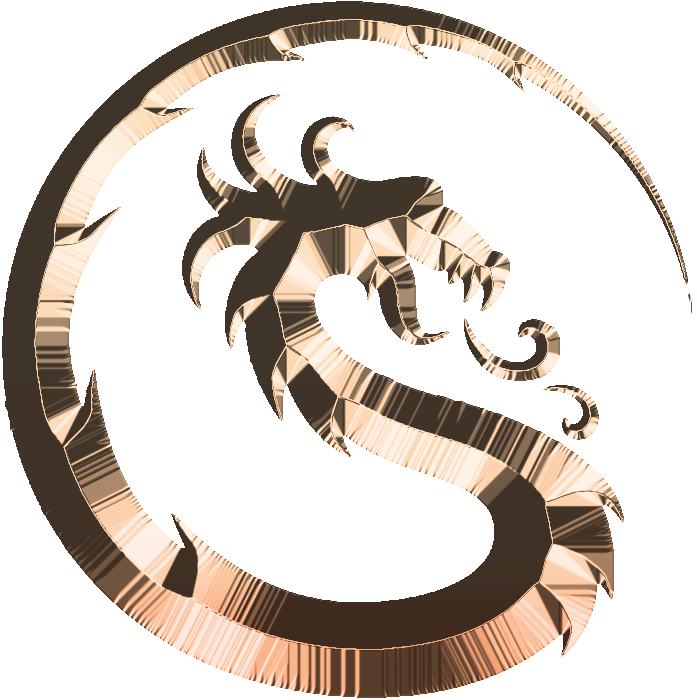Continuing my musings on Viking-related fiction, I thought I’d talk about a not-so-obvious Viking tale, Stephen R. Lawhead’s Byzantium.

When I picked up this novel at my local Borders, the last thing I thought this book would be about is Vikings. Set in the Ninth Century, the novel tells the story of Aidan, an Irish monk selected by his abbot to join an expedition to deliver the famous Books of Kells to the Emperor of Byzantium. While most of the novel takes place in and around Constantinople (aka Byzantium), Aidan only arrives there after he’s captured by Vikings.
Aidan ends up in the service of King Harald Bull-roar, a Danish king who is intent on sacking the fabled city of Miklagard, the Danish name for Byzantium. After traveling through Russia and Ukraine, Harald and his small fleet of longships arrive at Miklagard, which is more massive than any city in Christian Europe, guarded by towering walls and legions of Byzantine Greeks. The scenes that follow are truly amusing as the Viking king, and his warriors are hell-bent on plundering the city, despite the obvious impossibility of doing so. Harald and his Vikings can’t even get into the secured harbors, let alone any of the well-guarded city gates. But Harald keeps trying.
Although it has many charming moments centered around Harald’s designs toward Byzantium, the novel is truly epic in scope, with strong themes about faith and Christianity woven throughout the story. After reaching Constantinople, Aidan becomes a spy to the Byzantine emperor (Basil the Macedonian) and must journey into Arab lands, dogged by his enemies in the Byzantine court, where he ultimately must decide whether to save King Harald and the Vikings who once enslaved him. All of these storylines help make Byzantium the rich epic that it is. But it was Harald and his memorable Vikings that made this novel work so well for me.

Amanda
October 8, 2011 - 12:37 am ·I'll have to add this to my reading list. Lawhead is a great author.
Joseph Finley
October 8, 2011 - 7:12 am ·It's a good read, even if it 's a bit long. And it will make you want to visit Istanbul and see all the sites that Lawhead writes about when Constantinople was in its glory. I've never been, but I've heard the place is fantastic.